Are you fit for the future?
This is a question we all need to consider in a world that is changing faster than we could possibly imagine.
The rise of artificial intelligence, robotics and machine learning has transformed so many industries where automation is becoming the norm. Without a definitive guidebook on how to navigate the rapid evolution of technology and artificial intelligence it can sometimes feel a bit overwhelming and even daunting.
Whether we like it or not, it is highly likely that the pace of change is only going to accelerate and, as the world evolves against the backdrop of the fourth and fifth industrial revolutions, then so must we.
How well we respond and adapt to these changes will be highly dependent on the way we choose to behave – our humanness – and this will ultimately be the currency of our future.

Fortunately, there are some indispensable characteristics that differentiate humans from machines. The inherent value of those human skills includes empathy, judgement, and intuition, as well as our ability to make sound decisions, and collaborate well with others.
Of course, a strong set of tech-savvy skills will help us to become more productive and employable, however our ultimate human power will be around our ability to harness some of our quintessential human skills.
The future after all, is human, because why would we want it to be anything else?

One way to ensure that we are fit for the future is to be proactive and to continuously explore and cultivate the skills that will help us to thrive. Outlined are ten core behavioural competencies that are highly relevant in the evolving 21st century.
Resilience
Human resilience in many ways is the foundational behavioural skill because it is about how we choose to respond in a dynamic and ever-evolving world. Let’s face it, change can sometimes be a painful process and life has a way of throwing us a range of curve balls. How we respond to these challenges will define us and help us to build our strength and maintain our stamina.
Being resilient is not about “toughing it out” at any cost, sometimes to the detriment of our health. It is about looking after our overall wellbeing and pacing ourselves well, especially when we are under pressure. Building resilience helps us to cope well with volatility, relentless change, and uncertainty so we can live a well-balanced life and thrive.

Flexibility
Living in a world that is in a constant state of flux requires us to be better at dealing with rapid change and to be flexible and responsive. Ultimately, agility and responsiveness are the keys to future success and a flexible approach allows to adapt well and adjust to changing circumstances.
Challenging our own relationship and attitude towards change is a great place to start. If we get “stuck” in always doing things in the same way then we will always get the same outcome, which may not necessarily deliver the best results.
As creatures of habit, we may not even be fully aware of what we do habitually on a day-to-day basis, so it is important to notice, challenge, and flex our behaviours on a regular basis.

Initiative and Resourcefulness
When we use our initiative, we ultimately empower ourselves because we do things without waiting to be told what to do. By being resourceful we find out what we need to know and do and this enables us to take advantage of opportunities that others may miss.
Using our initiative and resourcefulness can help boost our self-reliance, which is so powerful when it comes to getting things done. This, in turn, will increase our self-confidence and help us to perform better in the future especially in challenging and changing circumstances.
It is important to remember that opportunities don’t happen, we create them, and using our initiative is the springboard for getting great things done.
Time Management
We don’t need to work harder…we need to work smarter!
How we manage our time impacts the quality of our lives, and as time is such a valuable commodity, we need to spend it well.
Imagine if time was a bank account and each morning, we were credited with 86,400 seconds. If, by the end of that day, we hadn’t spent any of the credits then they would instantly be deducted from our account. What would we do?
It is highly likely that we would make every effort to take care of those seconds and invest them wisely. It is interesting though how much time can be taken for granted and those seconds become lost or wasted.
One big advantage of artificial intelligence is that it will help us to automate tasks that can free up our time to work on more important things. It is however our behaviours around our time management that will have the most valuable impact.

Curiosity
Blessed are the curious for they shall have great adventures and they will never get bored.
Curiosity is about possessing a strong desire to learn, know, and understand something new. When we seek out challenges and new experiences, we broaden our horizons. In many ways, curiosity is the catalyst of innovation and when we are curious, we have an ongoing, intrinsic interest in both our inner experience and the world around us.
Curious minds are active minds, and active minds become smart minds. Curiosity is associated with intelligence, creativity, and problem-solving ability. Curious people cultivate interesting and creative environments for themselves, as they seek out new experiences and are open to exploring fresh ideas and possibilities.
The most valuable question that we can ask when we encounter anything new is “What can I learn from this experience?”
In an uncertain world that can trigger a great deal of anxiety, curiosity can be the perfect antidote.
Creativity
Creativity is about unleashing the potential of our mind to conceive new ideas. It is characterised by our ability to perceive the world in a different way and to make connections between seemingly unrelated phenomena, so that we can generate better outcomes.
Creativity is a useful tool for solving problems or for when we need to explore new and innovative ways of doing things. It is about seeking out new opportunities, to produce original ideas, and applying imagination and inventiveness.
We are all creative beings and exploring some of the tools that are available to enhance our creativity is an excellent use of our time because creativity is one of the key employability skills of the future.

Critical Thinking
There is a big difference between knowledge and wisdom. Whilst we may acquire information it’s what we decide to do with that knowledge that is the real intelligence.
We are living in the “information age” and with so much spurious information abound we simply cannot take everything we come across at face value.
Critical thinking is a way of thinking in which we don’t just accept everything we are exposed to. It is about taking on board an approach that will help us to rigorously question and challenge information so that we can understand the logical connection between ideas.
Critical thinking is the process of analysing, evaluating, and rationalising information objectively. A good set of critical-thinking skills will help us to draw conclusions from a set of information and discriminate between what is useful and what is not. This, in turn, will enable us to be a better problem solver and make well-informed and intelligent decisions.
Empathy
Humans are social beings, and we all have the capacity to develop empathy which enables us to build stronger and more supportive relationships. Like any behavioural skill, empathy can be cultivated through intentional effort and practice.
Empathy is our ability to sense other people’s emotions and understand how they may be feeling. It is about seeing things from someone else’s perspective and imagining ourselves in their position.
Practising empathy helps us to connect and relate well with other people in our lives. By being empathetic we can better “read” another person’s inner state and interpret it without blaming, giving advice, or attempting to fix the situation.
Empathy ultimately improves human interaction and is one of the most valuable gifts that we can offer any other human being.

Collaboration
Collaboration is ultimately the art of cooperating and producing something with other people whether that’s with another individual or a team of people. Collaborating well with others and pulling together as a team with a common purpose can be highly motivating and help us to feel more energised and involved.
Working together provides a great opportunity to share experience and we can learn so much from each other, especially when we share our skills and strengths. It can also be great fun too.
Success when shared with others can be so much sweeter and so much more rewarding.

Innovation
In a nutshell, innovation is about how we can successfully implement a new idea that adds value. We are currently living in an ideas economy which relies on turning ideas into innovation faster than the competition, which is key to business success.
Fresh thinking and innovating are great for our overall wellbeing. We all have the capacity to innovate, and this is something that many of us do through even the smallest improvement we make every day of our lives.
Being an innovator may well involve a bit of risk-taking, even falling at the first hurdle, however setbacks are merely opportunities in disguise and it’s beyond our comfort zone where the real magic happens!
Summary
This is by no means the definitive list of behavioural skills; however, these ten core skills have been identified through extensive research and collaboration to provide a useful framework.
As the world evolves around us, it is essential that we embrace our humanness and continue to cultivate behaviours that will help us to thrive, so that we can stay relevant and fit for the future.
The Future Human Series
I have recently teamed up with Adam Lacey who is the co-founder of Assemble You and we have developed a framework around these core behavioural skills.
The Future Human Series focuses on the transferrable human skills that will become even more valuable over this decade against the backdrop of the AI revolution.
The one-hour webinar will be at 2pm (GMT) on 25th January 2024 and you can register free here
If you would like a free copy of this digital poster please email books@liggywebb.com




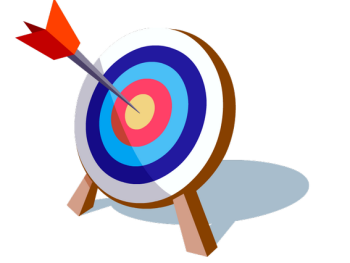

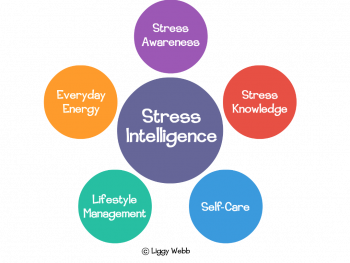
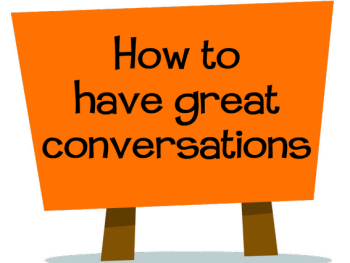


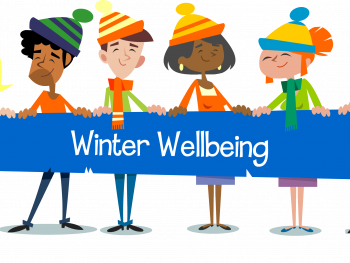

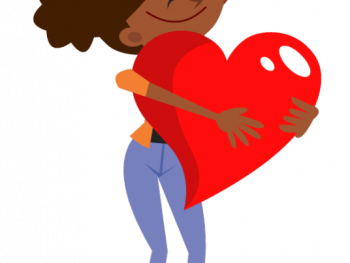

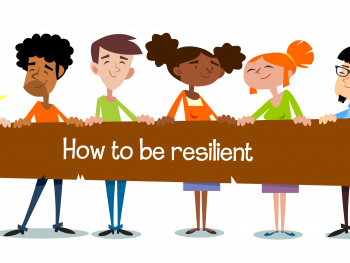
 Winter Wellbeing
Winter Wellbeing


